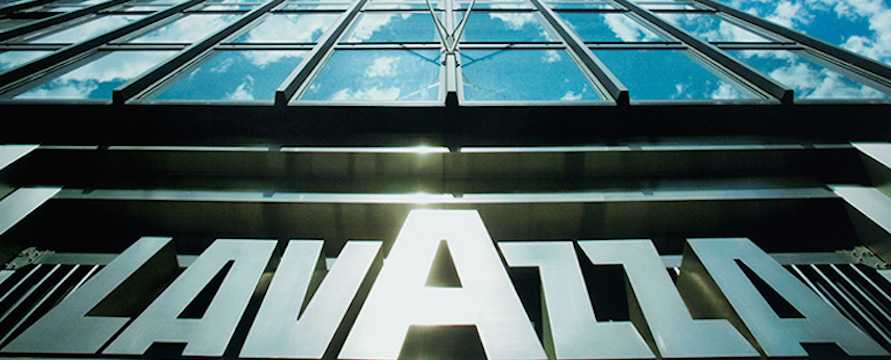LAVÉRUNE, France – Yesterday, the Lavazza Group shared its financial results for the year ending on December 31st, 2016 following the Board of Directors’ approval of the company’s Separate and Consolidated Financial Statements.
Consolidated revenues, calculated according to the Italian GAAP and including the contribution of Carte Noire over the course of ten months, amounted to €1.9 billion, up 29% from the previous year.
Four percent (4%) of this increase is attributed to organic growth, which is significantly above the market average of 2%.
Acquisitions by Lavazza have also contributed significantly to stronger performance, which in addition to Carte Noire, over the last two years include Merrild in Denmark and Lavazza Australia.
Foreign markets also saw continued and sustained growth for the Group, climbing to 60.3% of turnover (up from 52.8% in 2015), driven particularly by France.
Indeed, the country where Lavazza began its international expansion in 1982 has become, following the acquisition of Carte Noire, the Group’s second-largest market after Italy, with 500 employees and accounting for 20% of the Group’s total revenues in 2016.
“Lavazza had an extraordinary year in 2016. The acquisition of Carte Noire marked the launch of a process of international development for the Group aimed at reinforcing our independence and ability to compete at the global level,” commented Antonio Baravalle, Lavazza’s Chief Executive Officer.
-*Our results are proof that the integration of the two companies was successful, driven by common values, shared expertise and the strongly complementary relationship between the retail market and away-from-home consumption segments.
In 2017, we aim to continue on our current path, striving for perfect integration, in order to become a leading player in the global coffee market, while retaining our identity as an Italian premium producer. With a stronger organic growth potential outpacing the market, we expect to reach revenues of €2.2 billion in 2020.”
The operative earnings (EBIT) was €61.7 million, up by 34.1% from €46 million in the previous year. EBIT margin was essentially unchanged compared to the previous year. In terms of sales percentage, the margin remains substantially in line with 2015 results. On a like-for-like consolidation basis, EBIT grew by over 54% in 2016 compared to the previous year.
The Group’s profit in 2016, amounting to €82.2 million, is not comparable with 2015 results, which benefited from a capital gain of €822.8 million generated by the sale of the equity invested in Keurig Green Mountain.
The Group’s net financial position stood at €687.5 million (€1,351.0 million in 2015).
Although coffee consumption declined for the third consecutive year in Italy, Lavazza maintained its leading position in its home country, increasing its share of the market by value to 41%. Particularly, the new product portfolio and a clear segmentation strategy by customer type allowed important new products to be introduced to the market, in keeping with current trends both in Italy and internationally.
Following the acquisition of Carte Noire, the French production plant in Lavérune became a part of the Lavazza Group’s industrial organization, and, along with Settimo Torinese and Gattinara in Italy, is now one of the main facilities where all Lavazza Group products are made.
The entire plant has been reconfigured, for an investment of €16 million, to make it more modern and open to future developments involving hi-tech production lines.
“We are a company that loves to talk about its ‘heritage’, but that also has a vision focused on the future and a passion for excellence that have allowed us to integrate with Carte Noire and Merrild in record time,” commented Marco Lavazza, Vice Chairman of Lavazza.
“By viewing the acquisition as a process of enrichment, a two-way street, where each completes the other and enables new possibilities, we have established common paths to innovation and technological development and we have invested in people and processes to make integration swift, efficient and satisfactory to all.”


















